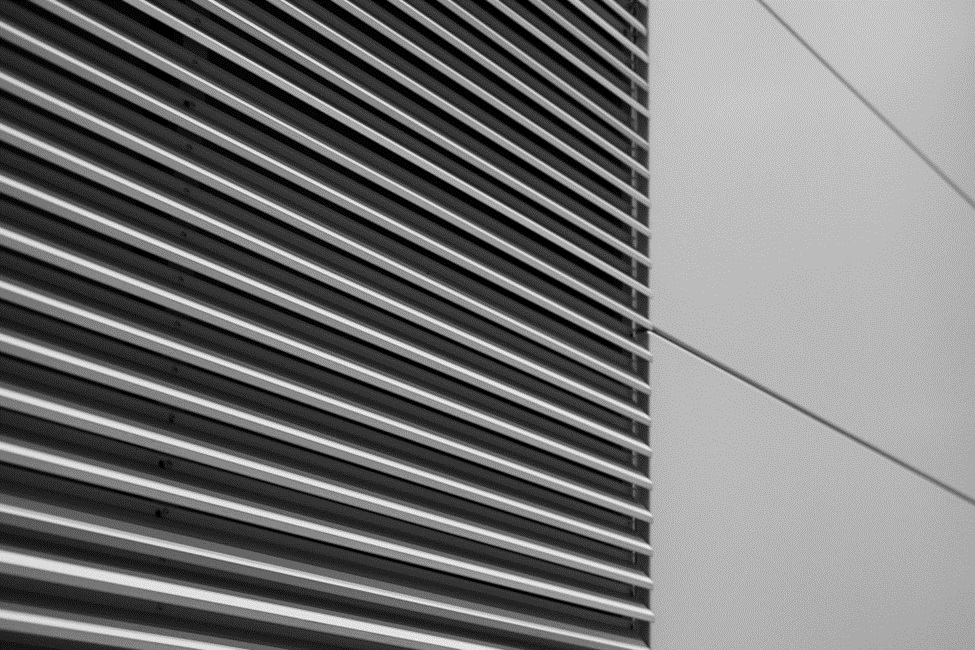A good HVAC system is important for ensuring comfort and air quality in your home. Knowing how your HVAC system works and how to take care of it can help it work better, save money on energy, and last longer.
This guide explains how to understand and take care of your air conditioning system so it works well all year round.
How Does This System Work?
The furnace heats the air and sends it through pipes to keep it at a certain temperature. Heat pumps transfer heat from the outside to the inside of a building.
The air conditioner removes heat from the indoor air and sends it outside, which lowers the indoor temperature. Heat pumps can also cool in reverse. The ventilation system lets fresh air in and stale air out, which keeps indoor air quality good.
Types of HVAC Systems
Include a central furnace or heat pump and an air conditioner, with a network of ducts to distribute air. Use individual units in different rooms or zones, ideal for homes without existing ductwork. Combine a heat pump with a furnace to provide efficient heating and cooling.
Regular Maintenance for Optimal Performance
Here is how to maintain it for the best performance:
Scheduled Inspections
Make sure your heating and cooling systems get professional inspections at least once a year. A technician can spot problems before they become big problems.
Schedule maintenance before the heating season in fall and the cooling season in spring to make sure your system is ready for peak performance.
Replacing the Filter
Replace air filters every 1-3 months, depending on how much you use them and what kind they are. A blocked filter makes the air flow less efficient and can cause problems for the system. Use filters that capture more airborne particles, improving indoor air quality.
Cleaning and Lubricating Equipment
Clean the coils of your air conditioner or furnace to remove dust and debris that can affect efficiency. Ensure that ducts are clean and free of obstructions.
Lubricate moving parts such as fan blades and motors to reduce friction and prevent wear and tear.
Troubleshooting Common Issues
Here are some common issues:
Uneven Temperature Distribution
Check the vents and registers. Make sure they are free and not blocked. Vents that are closed or blocked can cause uneven heating or cooling. Leaky or poorly insulated ducts can cause temperature imbalances. Have a professional inspect and fix any issues.
Strange Sounds
Listen for unusual sounds, such as banging, rattling, or squeaking. These sounds can indicate mechanical problems or loose parts.
Talk to a professional if you hear strange noises. They can diagnose and fix the problem. If you ignore these sounds, it can cause bigger problems.
The System Isn’t Turning On
Make sure the thermostat is set at the desired temperature and that it is working properly. Check the circuit breaker for your HVAC system. If it has, reset it and check if the system resumes operation.
Conclusion
It’s important to keep your HVAC system comfortable, efficient, and long-lasting. If you’re unsure, ask a professional for help. With the right approach, you can have reliable and efficient heating and cooling throughout the seasons.


